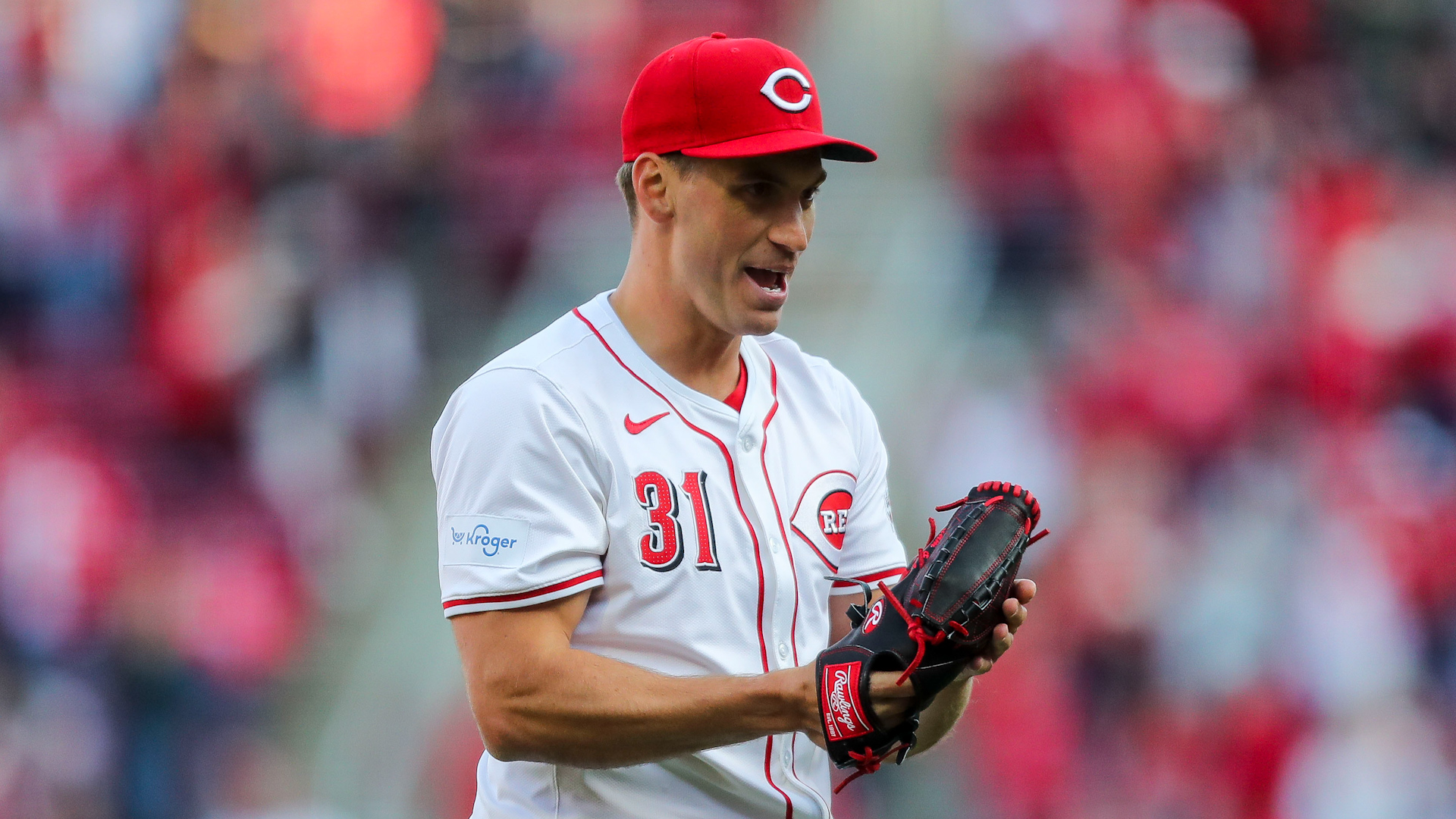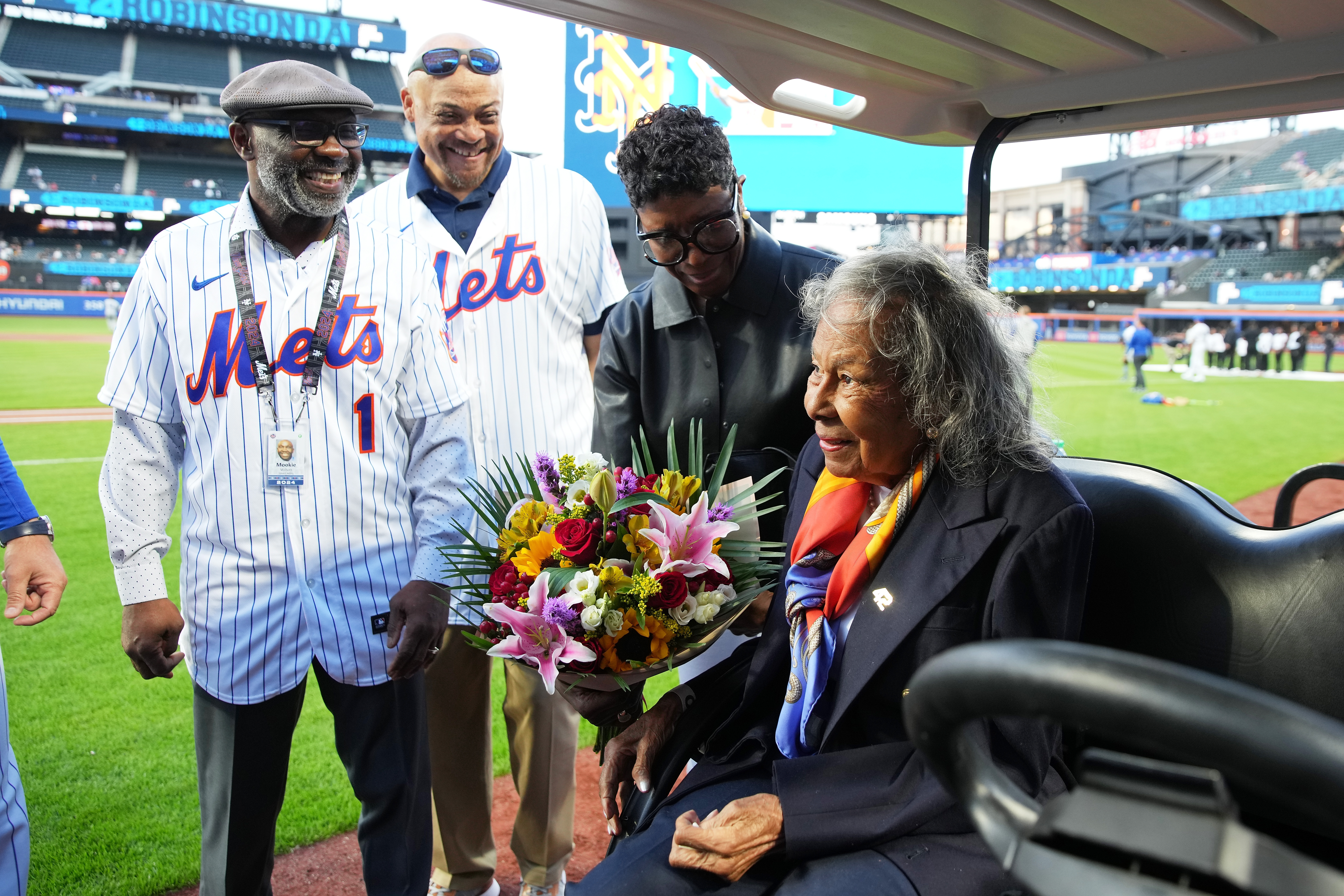Perhaps the most telling commentary on Spencer Howard's performance in his debut season last year came over the last few weeks when the Phillies signed veteran starting pitchers Matt Moore and Chase Anderson.
The Phillies' need for pitching depth after Aaron Nola, Zack Wheeler and Zach Eflin in the top three spots of the rotation was acute so the signings made complete sense, as did the previous signing of Ivan Nova to a minor-league deal earlier in the winter. Speaking of Nova, he will get a chance to show Phillies officials what he can do right out of the gate when he starts the Grapefruit League opener Sunday against Detroit.
Moore and Anderson, unlike Nova, are on guaranteed big-league contracts totaling $7 million. If they come out of spring training healthy, chances are strong they will be in the five-man starting pitching rotation.
Stay in the game with the latest updates on your beloved Philadelphia sports teams! Sign up here for our All Access Daily newsletter.
So where does that leave Howard, the team's top prospect, on April 1?
Maybe he goes to Triple A.
Maybe he works out of the bullpen.
Maybe he fills some type of a hybrid, bullpen/sixth starter role, perhaps in a piggyback with Vince Velasquez.
MLB
Time will tell.
What we do know now is that Howard was not healthy enough, nor did he pitch well enough, in 2020 to convince management to at least pencil him into a spot in the back end of the rotation. Hence, the pursuit and eventual signings of Moore and Anderson.
"Everybody needs pitchers," Howard said Wednesday when asked about the signings of Moore and Anderson. "I think that, if I take care of what I need to take care of and if I can keep my shoulder feeling good and just do what I know I can do, then everything else will happen and I don't have to worry about anything."
Howard, 24, has missed time each of the last two seasons with shoulder issues, nothing serious enough to set off sirens or require surgery or anything like that, but definitely something that the organization needs to be mindful of as it builds a pitching staff and oversees the prized right-hander's development.
Howard said he had some "rotator cuff inflammation" last season. The issue affected him physically, as evidenced by a drop in fastball velocity, and mentally, as he felt himself not being aggressive with his fastball. He said he is healthy now and that his fastball feels like it has its old pop back in bullpen sessions so far this spring.
"The year before was a little different, a little more acute," Howard said, referring to his time on the IL while in the minors in 2019. "Last year was just I would feel good and then all of a sudden, I mean, everybody saw the velo would go down during games and it would take me a little bit longer to get warmed up. So, it wasn't as sharp of a pain, like pinchy, in my shoulder. It was more of like, 'Oh, I don't have that much there anymore,' which was more concerning to me honestly because it was like, 'Well, am I just a bad pitcher now? Am I going to throw slow forever? Is this the new me?' But getting away from last year and having some time off really helped, so I'm excited."
During the offseason, Howard addressed his shoulder by focusing on his whole body — particularly his hips — while doing physical therapy.
"I realized that it's not coming from my shoulder necessarily," he said. "There are other things that I need to do other than just a little soft tissue on my shoulder that'll help keep everything else in balance, if that makes sense.
"My body just wasn't functioning like it should've. For me, it was tough to battle through that and do what I could, but I'm excited for this year. I think I got a lot of it cleaned up this offseason mechanically and I'm feeling good right now."
Howard's shoulder didn't bother him so much that he couldn't perform one act after last season.
"Flush it," he said of 2020.
Howard made six starts. He pitched just 24⅓ innings and had a 5.92 ERA. He allowed 30 hits, six of which were homers, and walked 10 while striking out 23. His fastball averaged 94 mph and while that's firm, it wasn't the same pitch that approached triple digits in the minors, particularly as he went deeper into games.
In the Phillies' projected starting rotation, only Nola is homegrown. Eflin came in a trade for a homegrown player (Jimmy Rollins) and spent time in the team's player-development system, but he was not drafted by the Phillies, like Nola (first round in 2014) and Howard (second round in 2017). The Phils can't spend $118 million to sign a Wheeler every year. They must more consistently get some of their own starting pitchers to the majors. Despite his struggles — some might call it part of the education of a pitcher — in 2020, Howard remains a most valuable talent in the organization. Team officials expect him to contribute in some role in 2021, but they will also be mindful of his workload and physical development and, yes, there will be some type of an innings limit or guideline.
"That will take care of itself," manager Joe Girardi said. "We'll cross that bridge when it comes and we'll continue to build him up as a starter.
"He's actually looked really good this spring. He looks much stronger to me. He looks like his endurance is going to be much better. That's a good sign for all of us."
Subscribe to the Phillies Talk podcast: Apple Podcasts | Google Play | Spotify | Stitcher | Art19 | Watch on YouTube


